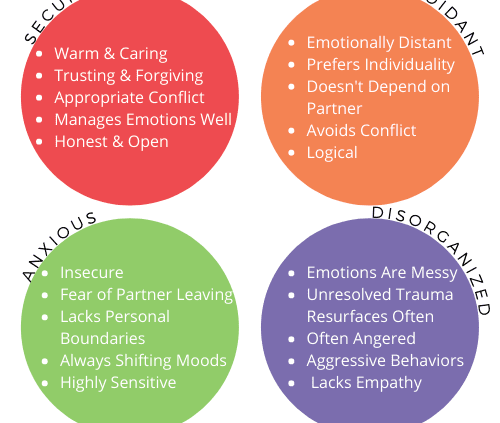Attachment Theories: The Link to Client Interpersonal Issues (2HR) Presented by Dreya Blume, LCSW
Attachment Theories: The Link to Client Interpersonal Issues (2HR)
An individual’s attachment style develops in early childhood and continues throughout the lifespan as a working model for the relationships that we may establish in the future. Such attachment style influences how we maintain a relationship because often, it is what impacts the way we may perceive or react to a current situation or how we pursue our needs. In this training, we will briefly explore the four attachment styles and their impact on how an individual develops and manages interpersonal relationships.
Upon completion of this training, participants will be able to:
- Define core characteristics of Secure Attachment and its role in relationship development
- Define core characteristics of Ambivalent Attachment and its role in relationship development
- Define core characteristics of Avoidant Attachment and its role in relationship development
- Define core characteristics of Anxious Attachment and its role in relationship development
- Identify strategies for helping clients identify destructive attachments and develop effective interpersonal relationships.
Social workers completing this course receive 2 Clinical asynchronous continuing education credits.
For other board approvals, this course qualifies for 2 hours of Clinical, Evidence-Based Practices, and General Skill Building continuing education training.
Course Instructor: Dreya Blume



